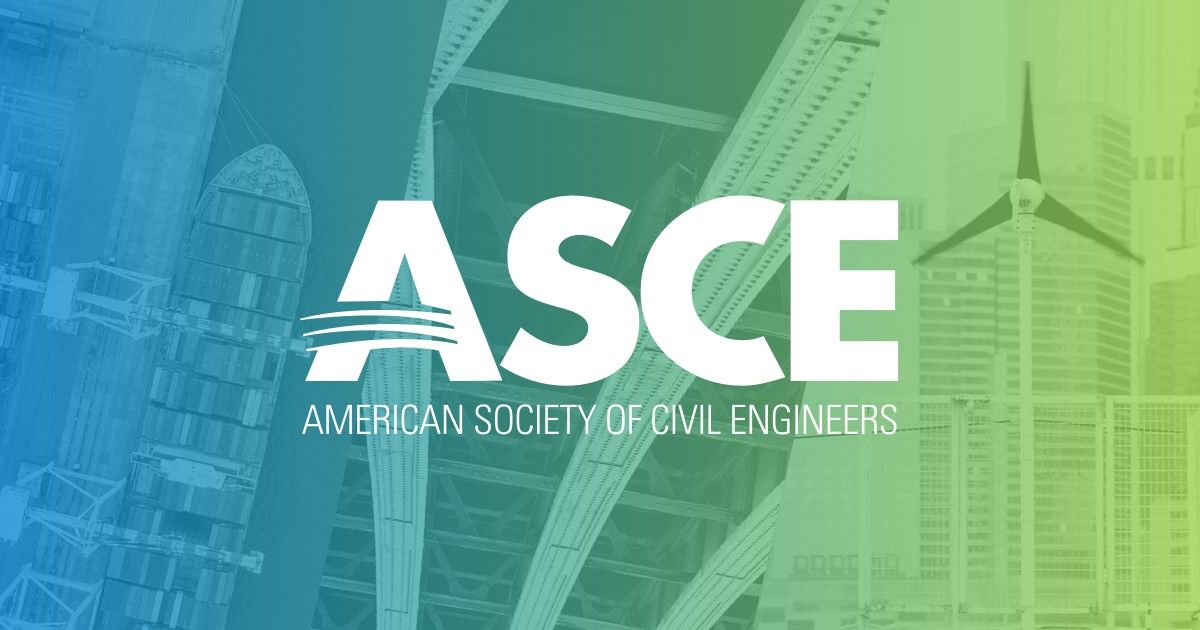Civil Engineering
Civil engineers design, build and maintain the systems and structures that define
our lives: mass-transit systems, highway systems, drinking and waster water systems,
bridges, tunnels, airports, and skyscrapers. They are tasked with the creation and
maintenance of the world that surrounds us. In an era of rapid expansion, technological
advances, and structural rehabilitation, civil engineers are charting the course that
takes us there.
Degrees Offered
BSCE Degrees Awarded (2024)
MSCE Degrees Awarded (2023)
Graduate Employment Placement Rate
Average Salary
Research Awards
Career Outlook
Our personalized approach not only enhances your skills and knowledge but also ensures that your education is relevant and fulfilling, positioning you for success in your engineering career.
What You Can Do
- Construction Engineer
- Environmental Engineer
- Geotechnical Engineer
- Structural Engineer
- Transportation Engineer
Industries You Can Work In
- Consulting
- Construction
- Manufacturing
- Research
- State Government
- Local Government
Research Areas
Environmental Engineering
Environmental Engineers focus on problems related to the quality of water, air, soils, and sediments. They work in areas of drinking water treatment distributions systems, wastewater collection and treatment systems, solid waste disposal, air pollution control, hazardous waste management, and contaminated site remediation Water resources engineers work in areas related to the quantity of water, in which aspects of hydrology and hydraulics are applied to water supply management (cities, industries, agriculture, floods, and droughts), environmental protection and restoration, and habitat protection and rehabilitation.
Our faculty involved in this research:
- Julian Fairey, Ph.D.
- Wen Zhang, Ph.D.
- Lei Guo, Ph.D.
Geotechnical Engineering
Geotechnical engineering is a broad field, which generally focuses on understanding the response of soils and structures within soil to mechanical and hydraulic loading. The University of Arkansas has an active research program in several areas of geotechnical engineering, including projects on deep and shallow foundation design, slope stability, settlement of natural and compacted soils, soil dynamics, earthquake engineering, geo-environmental engineering, and unsaturated soils.
Our faculty involved in this research:
- Michelle Barry, Ph.D.
- Richard Coffman, Ph.D.
- Clint Wood, Ph.D.
Structural Engineering
Structural engineering focuses on the design, analysis, and behavior of structures. The University of Arkansas has active research programs in several areas of structural engineering including concrete, steel, and timber structures; structural health monitoring; wind, earthquake, blast, and impact engineering; and rehabilitation of structures. Structural engineering researchers use many methods including small to large scale testing, numerical modeling, and field instrumentation to address infrastructure resiliency and sustainability.
Our faculty involved in this research:
- Micah Hale, Ph.D
- Cameron Murray, Ph.D.
- Ernie Heymsfield, Ph.D.
- Gary Prinz, Ph.D.
- Panneer Selvam. Ph.D.
- Michelle Barry, Ph.D.
- Eric Fernstrom, Ph.D.
- Morgan Broberg, Ph.D.
Transportation Engineering
The field of transportation engineering encompasses all facets of the systems relating to the movement of people and goods. Specific areas include planning and land development, travel behavior analysis, travel demand forecasting, capacity analysis, traffic and signal design, intelligent transportation systems, traffic safety, human factors, geometric design, pavement material, pavement structural design, pavement management, pavement maintenance, and pavement rehabilitation. While these topics tend to be taught through the lens of motor vehicles on roadways, many of the concepts can be applied to other modes of transportation such as transit, rail, waterways, pipelines, and air.
The transportation faculty at the University of Arkansas are very active in researching various transportation topics, with the latest computing technology and software applications for transportation systems engineering and planning and comprehensive physical laboratories for pavements and materials research as well. Coursework in the transportation area is designed to provide students with direct exposure to all facets of the transportation field, leading to successful careers in transportation research, design, and construction.
Our faculty involved in this research:
- Andrew Braham, Ph.D.
- Kevin Hall, Ph.D.
- Sarah Hernandez, Ph.D.
- Suman Mitra, Ph.D.
- Lekshmi Sasidharan, Ph.D.
- Stacy Williams, Ph.D.
Our Faculty
| Photo | Name | Last Name | Last Name | Last Name | Title | Department | Phone |
|---|
Department News

Student Organization
The University of Arkansas student chapter of the American Society of Civil Engineers! Our organization works to get students connected with professionals and involved in activities to network with peers and to help develop your individual interests within the realm of civil engineering. If you would like to know more about us or learn how to get involved please email asce@uark.edu.